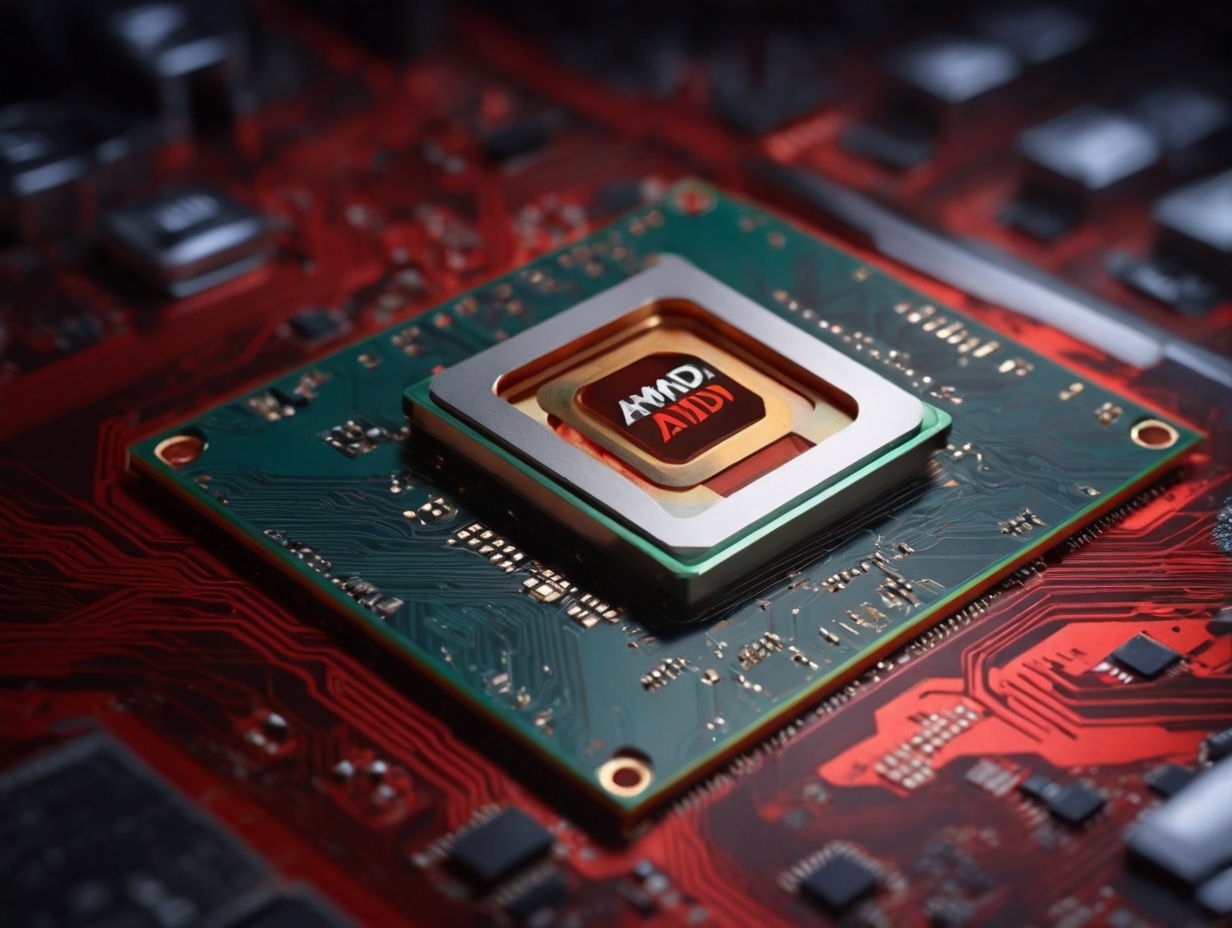In a recent development, Advanced Micro Devices Inc. (AMD) faces a significant hurdle in selling a specialized artificial intelligence (AI) chip to the Chinese market. The U.S. Department of Commerce has imposed restrictions on the export of high-powered AI processors, impacting AMD’s plans to cater to Chinese clients. Despite seeking approval from the U.S. government and designing the chip to meet export regulations, AMD finds itself entangled in a bureaucratic web.
AMD’s attempt to secure approval for the sale of its AI chip to Chinese clients hit a snag as the U.S. Department of Commerce imposed restrictions on the export of high-powered AI processors. The chip, designed to comply with U.S. export regulations by offering lower performance within China, still failed to meet the government’s criteria. U.S. officials informed AMD that the chip’s capabilities necessitate a license from the Bureau of Industry and Security within the Commerce Department for its sale, according to sources familiar with the matter.
Impact on AMD and industry players
The U.S. government has actively curtailed China’s access to advanced semiconductors and chip manufacturing tools, citing concerns about Beijing gaining a military advantage. The Joe Biden administration initiated export controls in 2022, which were further strengthened in October 2023 to include additional technologies and restrict sales to intermediary nations. This has led to export restrictions affecting major players like Nvidia Corporation and AMD.
Despite these limitations, Chinese companies are reportedly making strides in advanced chip development. Despite U.S. sanctions, Semiconductor Manufacturing International Corp (SMIC), China’s largest chipmaker, has produced more sophisticated chips. In November 2023, Nvidia confirmed its intention to dominate the Chinese chip market, undeterred by increasing export restrictions from the U.S. government.
In the wake of these challenges, AMD has not provided immediate comments on the situation, leaving uncertainty about its next steps. It remains unclear whether the company will apply for the necessary license to proceed with the sale of its AI chip to Chinese clients.
Industry outlook and implications
The broader context of export restrictions and their impact on major players like AMD raises questions about the evolving dynamics in the semiconductor industry. With the U.S. actively limiting China’s access to advanced technologies, industry leaders are compelled to navigate a complex regulatory landscape. The implications of these restrictions extend beyond individual companies, affecting the competitive landscape and global market dynamics.
In the face of U.S. export restrictions, AMD encounters challenges in its efforts to sell a specialized AI chip to the Chinese market. The regulatory roadblocks highlight the intricate dance between technology companies and government regulations, especially in the context of national security concerns.
As the semiconductor industry grapples with these restrictions, the future landscape is uncertain, with companies like AMD having to carefully navigate the regulatory landscape to achieve their business objectives. The unanswered questions surrounding AMD’s response add an element of suspense to the unfolding narrative, leaving industry observers eager to see how the situation unfolds.





